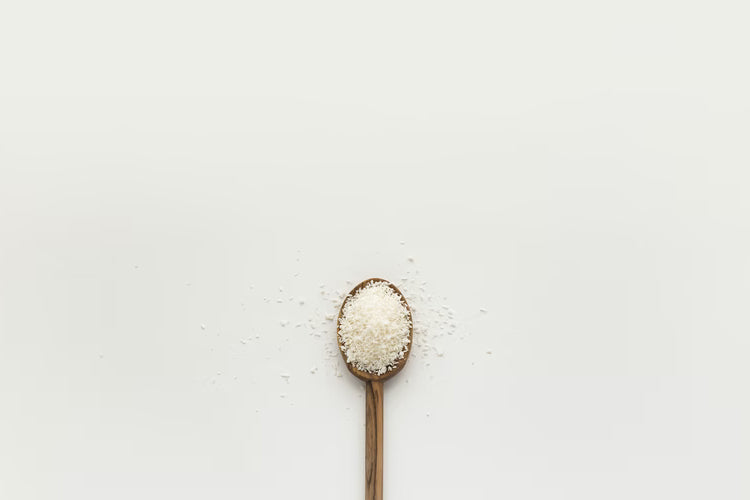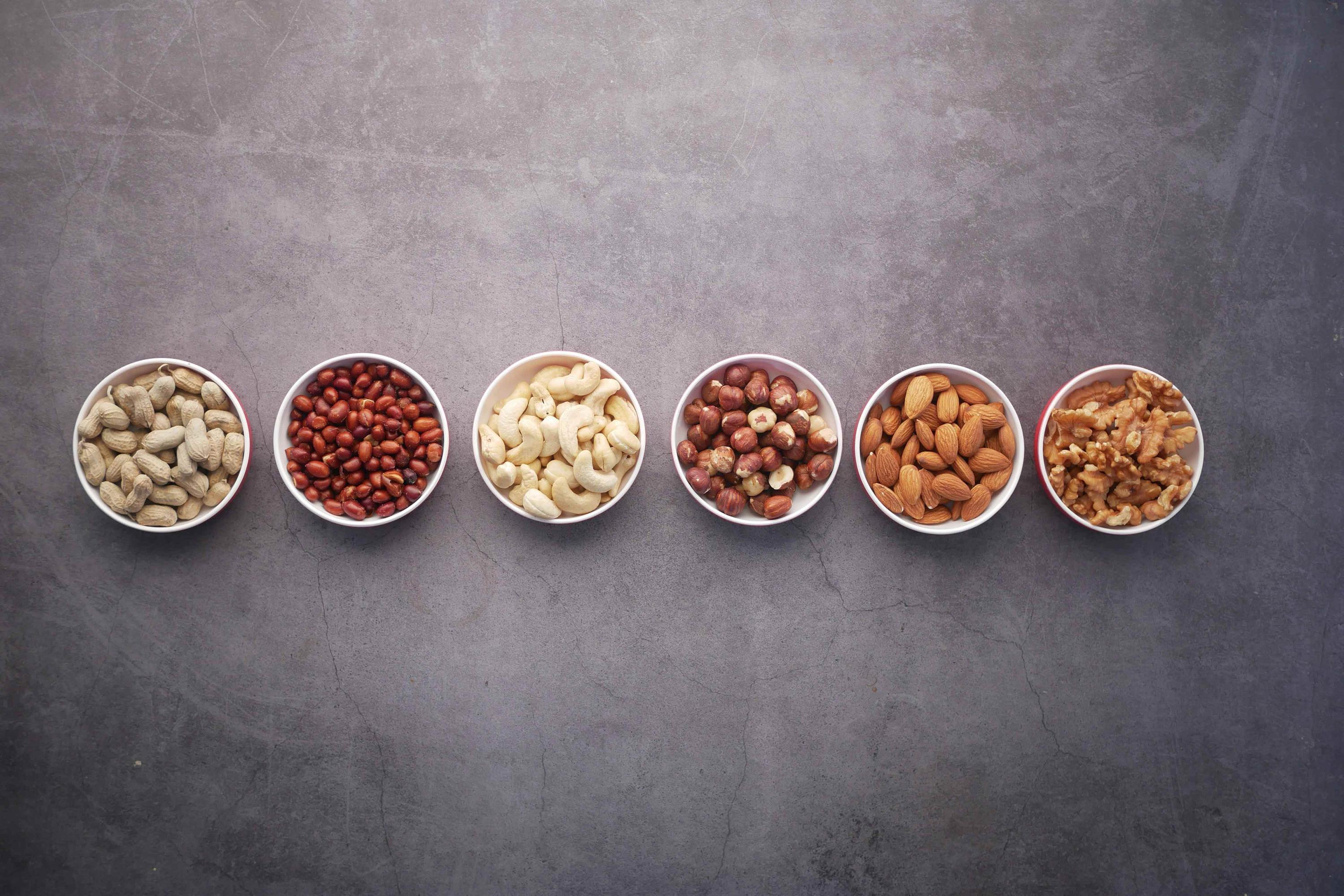There is no doubt that athletic performance, intensive training and endurance sports create greater nutritional needs.
Indeed, the more intense the discipline, the greater the athlete's nutrient needs.
In sport, brain functions are highly required to recognize, adapt and respond to a fluid and dynamic environment. It is important to maintain a balance between physical and mental strength to achieve optimal performance.
Minerals such as iron, zinc, and magnesium contribute significantly to peak physical and cognitive athletic performance across multiple biological systems.
Focus on micronutrients
Alongside their choice of a variety of nutrient -rich foods, athletes should take a closer look at their micronutrient intake to fully understand the value of each element. The most essential minerals for athletes are:
- calcium
- the iron
- zinc
- magnesium
- B vitamins
- vitamin D
Certain antioxidants such as vitamins C and E are also essential.
Let's look at the main minerals first:
Calcium
Athletes are aware that calcium is important for the growth, maintenance and regeneration of bones.
It also plays many other roles , such as:
- stimulation of muscle contraction
- transmission of nerve signals
- blood clotting.
Calcium is found mainly in the skeletal system. The rest is present in other cells, such as muscle cells, including heart muscle.
Calcium also plays an important role in the contraction and relaxation of skeletal muscles.
In a 10-week study of young women participating in intense endurance training, it was found that high-intensity training leads to increased calcium excretion.
Therefore, the calcium intake of endurance athletes should be adjusted upwards.
Magnesium
It is present in quantities of approximately 30 g in the body of an adult man.
Two thirds are concentrated in the bone structure in the form of phosphates and bicarbonates.
This mineral is essential for anyone who exercises, and particularly for athletes and endurance exercisers.
Magnesium is a constituent element of more than 300 enzymes involved in energy metabolism . It participates in the production of adenosine triphosphate (ATP) from the oxidation of fatty acids.
ATP stores energy and is found in all cells, especially muscle cells.
Magnesium is also involved in a multitude of processes that impact muscle function, including oxygen absorption and electrolyte balance, in addition to energy production.
Therefore, low magnesium levels can contribute to:
- early fatigue
- nausea
- muscle cramps.
Potassium
Potassium plays a vital role in helping transport glucose into the muscle cell.
This mineral electrolyte is stored in muscle fibers with glycogen.
It is responsible for regulating total body water, as well as stabilizing voluntary and automatic muscle contractions.
Potassium works with sodium and chloride to control fluid and electrolyte balance, and helps with the conduction of nerve impulses. It is necessary to restart the cell membrane after nerve conduction, which helps prepare the nerve for its next activity.
Symptoms of potassium deficiency include:
- Nausea
- Slowing of reflexes
- Vomiting
- Muscular weakness
- Muscle spasms
- Cramps
- Increased heart rate.
As can be seen, potassium is an essential electrolyte for athletic performance, and steps should be taken to maintain a safe body level of this mineral electrolyte.
The iron
Iron is a necessary trace element present in every living cell in the body.
The normal amount of iron present in the blood varies between 20 and 52 μg/dL.
Iron's main role is to transport oxygen to red blood cells and tissues, and it does this primarily through hemoglobin. Iron also acts as an antioxidant in the body.
Sodium
For most sports performances, hyponatremia is not a problem.
Sodium helps cells retain water and prevents dehydration. It also contributes to the production of ATP (Adenosine triphosphate). It is particularly essential for endurance performance, especially in periods of high heat.
Anyone participating in sporting events or long-term exercise should make sure they drink a hydrating drink that contains 80 to 100 mg of sodium per liter.
The impact of minerals on the body during sports practice
Minerals are involved in a multitude of metabolic and physiological processes in the human body .
In sports, minerals also play a physiological role in muscle contraction, normal heart rate, oxygen transport, antioxidant activity, bone health and immune function.
Some of these processes are accelerated during athletic performance, so an adequate amount of these minerals is necessary for optimal performance.
Many nutrient minerals are necessary to maintain a healthy body, which helps athletes perform at their best.
However, there are certain minerals that contribute more to sports performance and, in many cases, these are minerals that are depleted more quickly during sports practice. These are calcium, iron, magnesium, potassium, selenium, zinc and sodium.
Since endurance athletes have a higher metabolic demand for nutrients in greater quantities, it is imperative to assess and target deficiencies , maintain all minerals at optimal levels, and determine the unique balance to improve performances.
Argalys Essential supplements for athletes
Our range of Argalys Essentials food supplements offers a complete range of formulas well suited to athletes.
Strength and endurance sports, the Essentials act as much on muscle recovery as support during exercise.
Our Calcium , Omega 3 , Iron , Multivitamins and even magnesium formulas are 100% vegan, without artificial colors or additives.
 04 74 03 98 80
04 74 03 98 80









